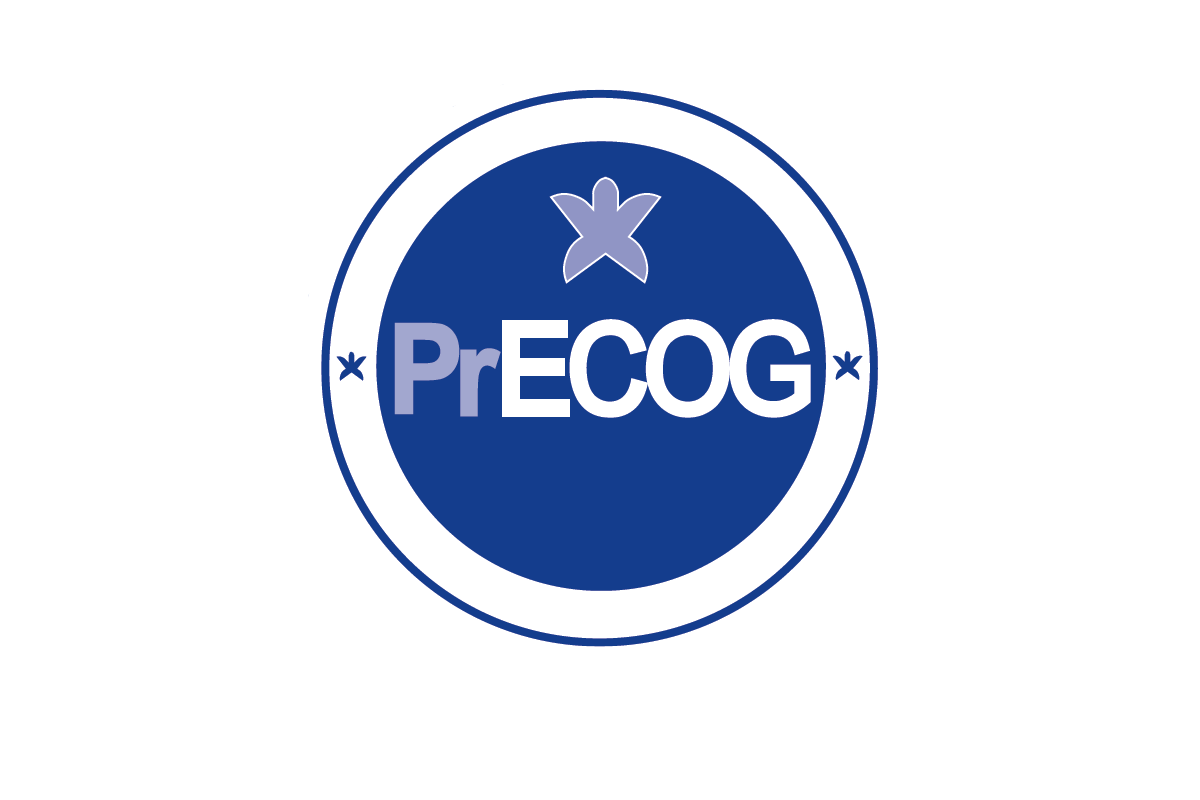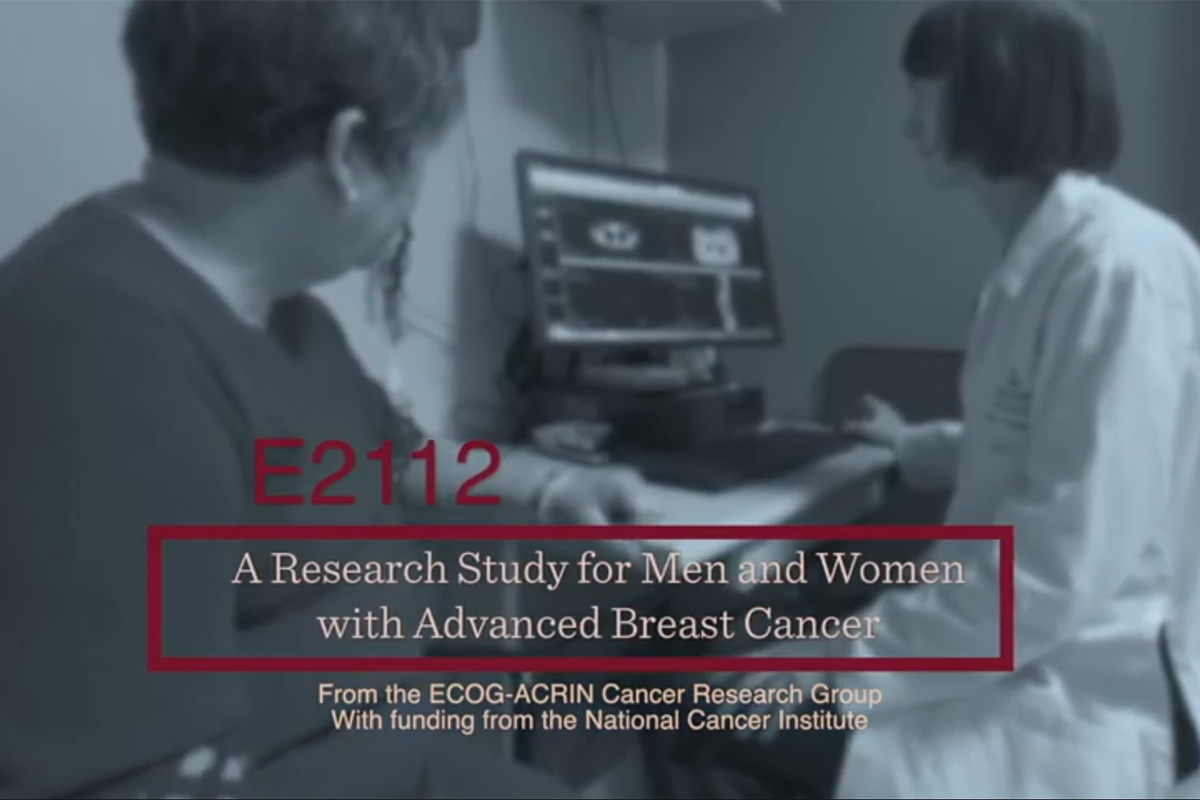
The Value of TMIST Compared to Other Breast Cancer Screening Studies
June 10, 2020
Now Enrolling: PrE0905 for Acute Myeloid Leukemia
June 10, 2020Trial Results: E2112 Finds No Significant Overall Survival Benefit With Entinostat/Exemestane in Advanced Breast Cancer

Final results reported last month from E2112, the phase III trial evaluating the addition of entinostat to endocrine therapy in over 600 patients with hormone receptor (HR)-positive, HER2-negative advanced breast cancer, revealed that the investigational agent did not demonstrate a statistically significant overall survival benefit over endocrine therapy with placebo.
Although E2112’s primary endpoint was not met, the findings provided critical insight into whether adding entinostat to exemestane might improve outcomes for this difficult-to-treat population. Entinostat is a class I histone deacetylase (HDAC) inhibitor developed by Syndax.
“We are very grateful to you, the study team, for all of your efforts over the last few years and especially in these last few months,” noted E2112 Study Chair Roisin M. Connolly, MBBCh, MD. “Your hard work and diligence have helped us answer an extremely important question.” Dr. Connolly is formerly of Johns Hopkins University and now the Cancer Research Chair at University College Cork in Ireland; she was named ECOG-ACRIN’s Young Investigator of the Year in 2019.
E2112 was developed based on promising preclinical data and results from the phase II ENCORE301 trial which found that the entinostat/exemestane combination demonstrated activity in a similar patient population.
“E2112 was an FDA registration trial that EA was able to complete due to significant collaboration involving patients, patient advocates, academic and community sites across the NCI’s National Clinical Trials Network, industry, and regulatory agencies,” Dr. Connolly continued. “These results highlight the importance of conducting well-designed randomized controlled trials to confirm or refute phase II clinical trial findings and investigate new treatment options for patients with advanced cancer.”
The study results, as well as correlative analyses, will be reported in an upcoming medical meeting.
![ECOG-ACRIN logo[19516]275×75](https://blog-ecog-acrin.org/wp-content/uploads/2021/03/ECOG-ACRIN-logo19516275x75.png)
